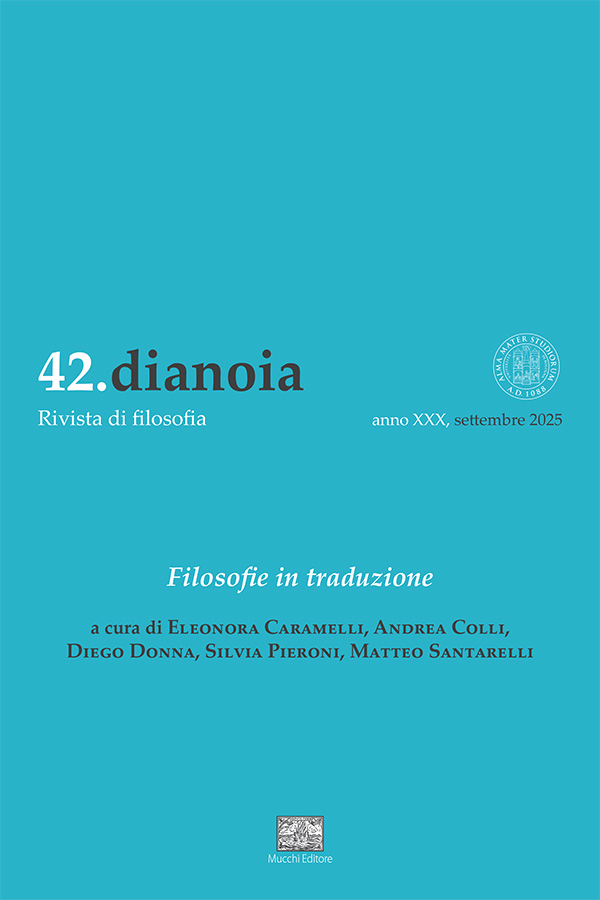This article explores the dissemination of philosophical knowledge in the vernacular through the sermons of Meister Eckhart, a pivotal figure in the speculative mysticism of the Middle Ages. Eckhart’s choice to write in Middle High German, rather than Latin, represents a conscious effort to make complex theological and philosophical ideas accessible to a wider, non-Latin-speaking audience. The analysis focuses on his translation techniques and the intended audience, highlighting his engagement with both aristocratic and lay readers. Through a detailed study of Eckhart’s sources, the article sheds light on his method of adapting philosophical thought for the broader public.
Keywords: Meister Eckhart, Vernacular Philosophy, Middle Ages, German Sermons, Mysticism.

